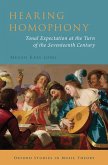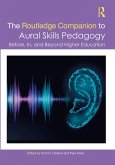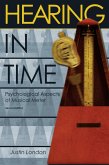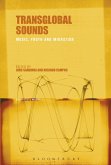Hearing Maskanda outlines how people make sense of their world through practicing and hearing maskanda music in South Africa. Having emerged in response to the experience of forced labour migration in the early 20th century, maskanda continues to straddle a wide range of cultural and musical universes. Maskanda musicians reground ideas, (hi)stories, norms, speech and beliefs that have been uprooted in centuries of colonial and apartheid rule by using specific musical textures, vocalities and idioms.
With an autoethnographic approach of how she came to understand and participate in maskanda, Titus indicates some instances where her acts of knowledge formation confronted, bridged or invaded those of other maskanda participants. Thus, the book not only aims to demonstrate the epistemic importance of music and aurality but also the performative and creative dimension of academic epistemic approaches such as ethnography, historiography and music analysis, that aim towards conceptualization and (visual) representation. In doing so, the book unearths the colonialist potential of knowledge formation at large and disrupts modes of thinking and (academic) research that are globally normative.
With an autoethnographic approach of how she came to understand and participate in maskanda, Titus indicates some instances where her acts of knowledge formation confronted, bridged or invaded those of other maskanda participants. Thus, the book not only aims to demonstrate the epistemic importance of music and aurality but also the performative and creative dimension of academic epistemic approaches such as ethnography, historiography and music analysis, that aim towards conceptualization and (visual) representation. In doing so, the book unearths the colonialist potential of knowledge formation at large and disrupts modes of thinking and (academic) research that are globally normative.









